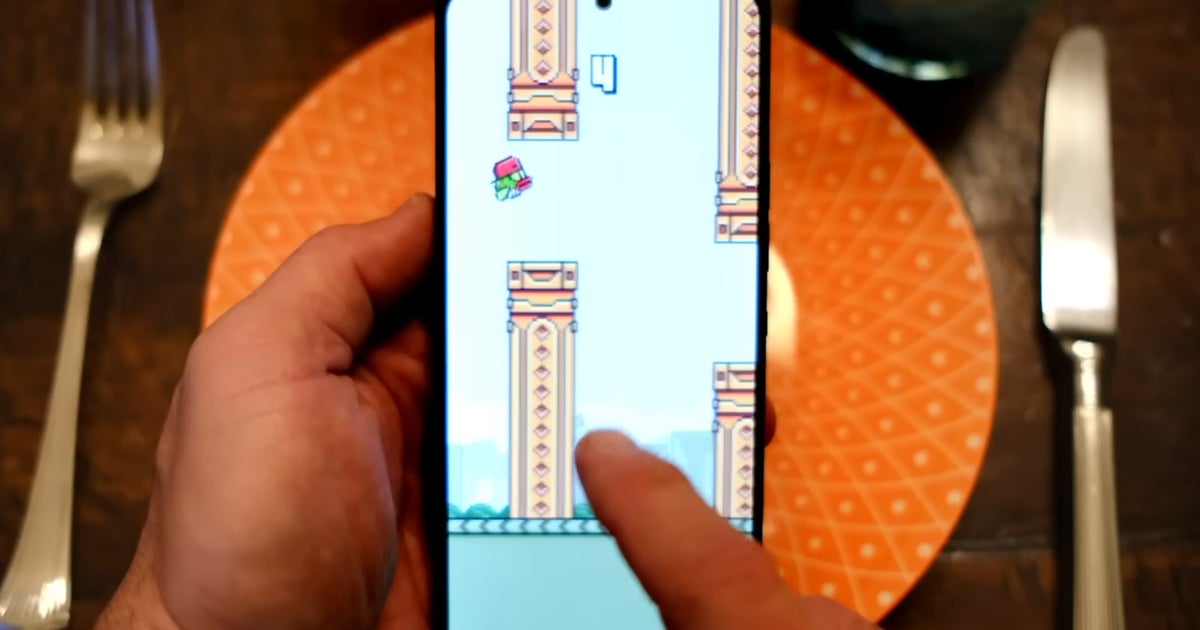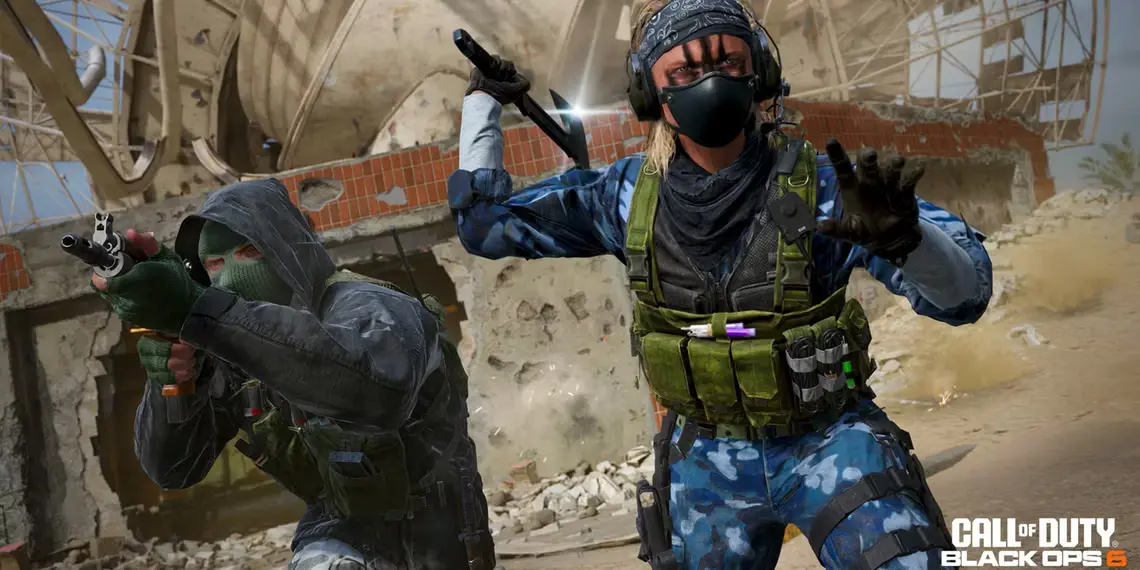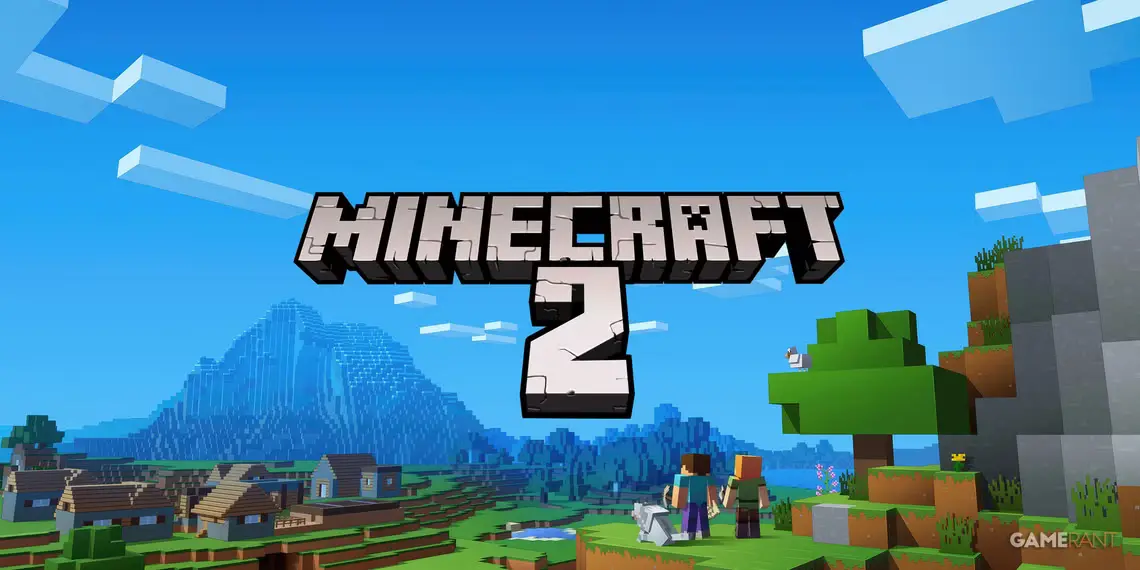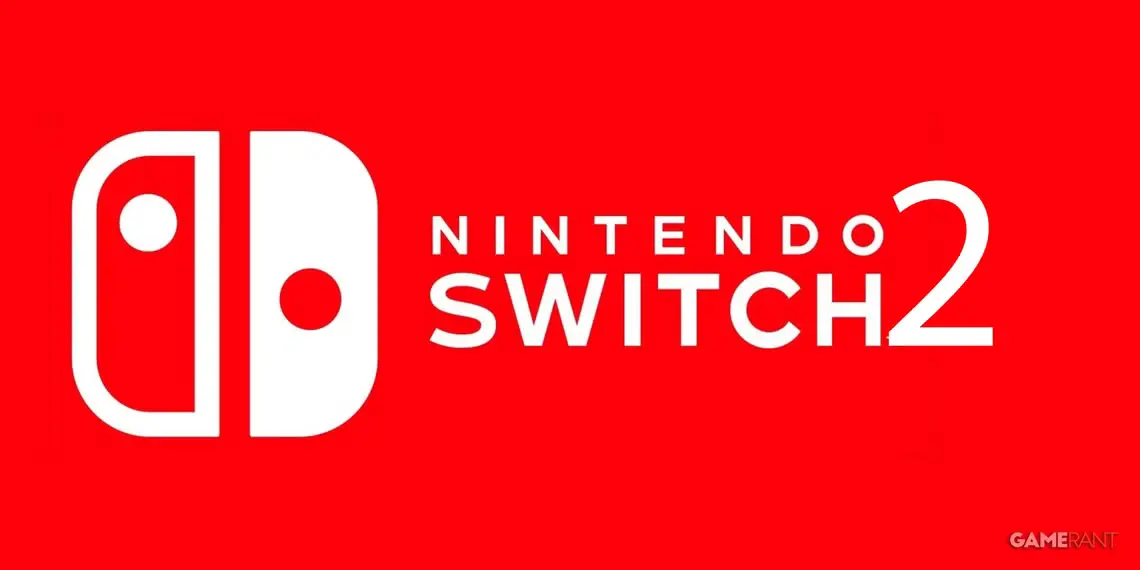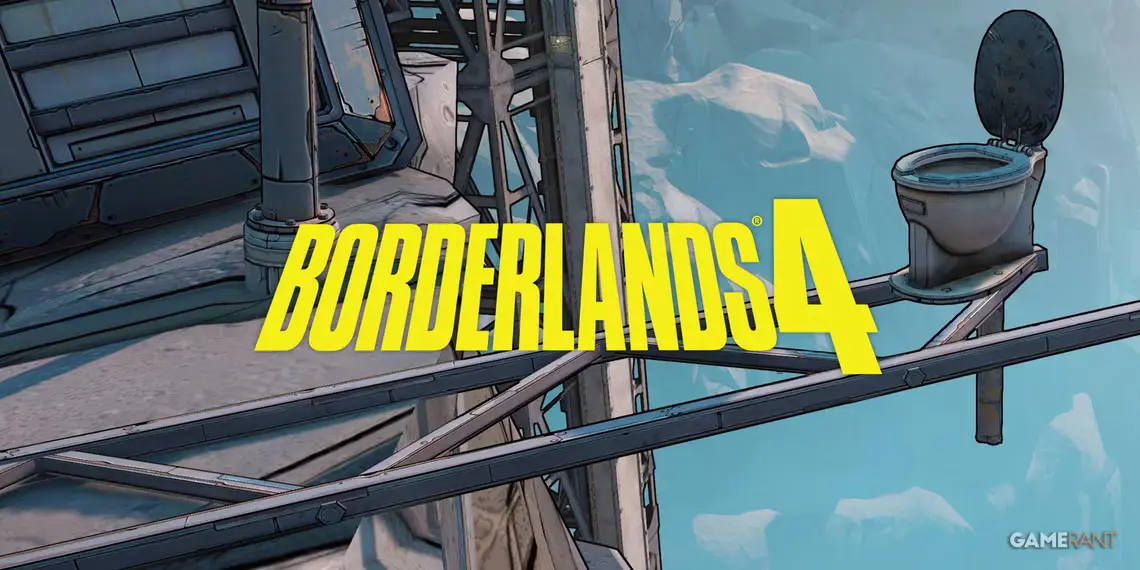The Return of Flappy Bird: A New Era or Just a Marketing Ploy?
This week, the iconic mobile game Flappy Bird made headlines with news of its comeback. However, this revival may not align with what fans were expecting.
Flappy Bird, a mobile game that attained massive popularity nearly a decade ago, has etched itself into gaming history. While it offered a rather simplistic experience, its viral ascent was nearly unmatched in the realm of mobile games today. Following the overwhelming popularity, its creator, Dong Nguyen, decided to remove the game from the App Store due to the pressures associated with its success, including concerns about player addiction. Recently, it was revealed that a group known as the Flappy Bird Foundation is spearheading the game’s return.
The Flappy Bird Foundation described itself as a “dedicated team of enthusiastic fans eager to reintroduce the game to a global audience” (source: IGN). Their announcement indicated that the revamped version of Flappy Bird would incorporate new game modes, characters, and expansive multiplayer challenges. Interestingly, the developer of a game named Piou Piou, which bears similarities to Flappy Bird, is part of the project. Notably absent from this new venture is Flappy Bird’s original creator, Nguyen. Reports suggest that Gametech Holdings acquired the trademark for Flappy Bird after it was deemed abandoned, filing against Nguyen and assuming ownership without compensating him.
As the news spread, some individuals on social media noticed that the official Flappy Bird account had been following several cryptocurrency and NFT-related profiles on Twitter, although it appears that this has since changed. Furthermore, according to Forbes, one of the promotional ads for the game mentions Web 3.0, suggesting that elements of blockchain technology may figure into Flappy Bird’s future.
In the wake of these developments, Nguyen made his first tweet in seven years to clarify that he has no involvement in this new iteration of the game and reiterated that he has not sold any rights. He also distinctly stated his opposition to cryptocurrencies. The situation surrounding Flappy Bird has become rather convoluted, and for those seeking a nostalgic experience, it may be wiser to play the original game through various unofficial platforms available online.
In conclusion, while Flappy Bird’s return has generated buzz, the underlying motives and affiliations complicate the narrative. Gamers may be better off accessing the original version via alternative sources rather than diving into a potentially convoluted future dictated by new developers and trends in cryptocurrency.
